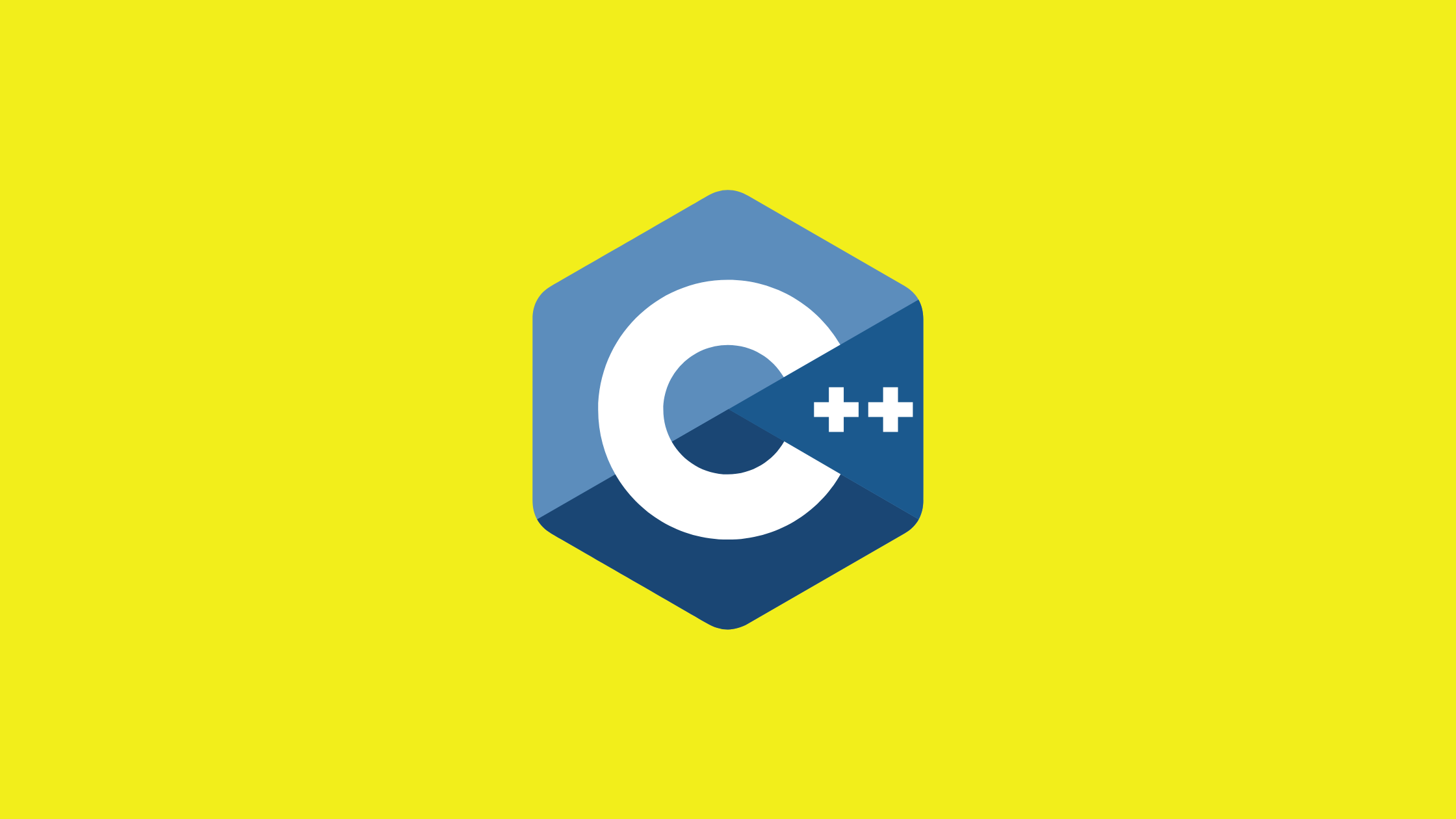in brief, when a variable is declared as reference(& variable) then it will become an alternative name for the current variable
We can also say, it is a linked variable because a change in one variable makes the changes in another variable
Note: in C we say (&) as an address operator but in C++ we refer to it as a reference variable
But, Where do we use it?
- Copy constructor
- Operator overloading
Initialization of reference variable
A reference variable must be initialized when it created
int a=8;
int&b; //error
b=a;Example:
Float account_number=255; // here account_number is a variable name
Float &ac_num= account_number; // here ac_num is a reference nameIf we create the variable ac_num as a reference to the variable account_number then account_number and ac_num can be used interchangeably to represent the same variable
Both account_number and ac_num will refer to the same variable
#include <iostream>
using namespace std;
int main()
{
int a=10;// here a is a variable name
int &b=a;//b is a reference name to a variable a
int &c=b;//c is a reference name to a variable b
cout <<"a=" <<a<<endl;
cout <<"b=" <<b<<endl;
cout <<"c=" <<c<<endl;
c=900;//Change in one variable makes the change in the remaining variables which is associated with it
cout <<"a=" <<a<<endl;
cout <<"b=" <<b<<endl;
cout <<"c=" <<c<<endl;
return 0;
}Output
a=10
b=10
c=10
a=900
b=900
c=900not to mention, in C we can pass the parameters to the functions in two ways
- Call by value
- Call by address
In C++ we can pass the parameters to the functions by an additionally introduced concept called call by reference
The problem:
In C when we make a function call by address we need to declare formal parameters as pointers
- Pointers are not secure
- Reference variables are secured when compared with pointer variables
- Referencing offers a clean elegant and efficient way to pass parameters to functions
Finally, instead of passing parameters to functions by call by value or call by address, we can use call by reference
Call by value
#include <iostream>
using namespace std;
void swap_value(int a ,int b );
int main()
{
int a=100,b=200;
swap_value(a,b);// call by value
return 0;
}
void swap_value(int a,int b)
{
int temp;
temp= a;
a=b;
b=temp;
cout <<"call by value" <<endl;
cout <<"a=" <<a<<endl;
cout <<"b=" <<b<<endl;
}Output
call by value
a=200
b=100Call by address
#include <iostream>
using namespace std;
void swap_address(int *a,int*b);
int main()
{
int a=100,b=200;
swap_address(&a,&b);// call by address
cout <<"a=" <<a<<endl;
cout <<"b=" <<b<<endl;
return 0;
}
void swap_address(int *a,int*b)
{
int temp;
temp= *a;
*a=*b;
*b=temp;
cout <<"call by address" <<endl;
}Output
call by address
a=200
b=100Call by reference
#include <iostream>
using namespace std;
void swap_reference(int &a,int &b);
int main()
{
int a=100,b=200;
swap_reference(a,b);// call by reference
cout <<"a=" <<a<<endl;
cout <<"b=" <<b<<endl;
return 0;
}
void swap_reference(int &a,int &b)
{
int temp;
temp= a;
a=b;
b=temp;
cout <<"call by reference" <<endl;
}Output
call by reference
a=200
b=100

Leave a Reply